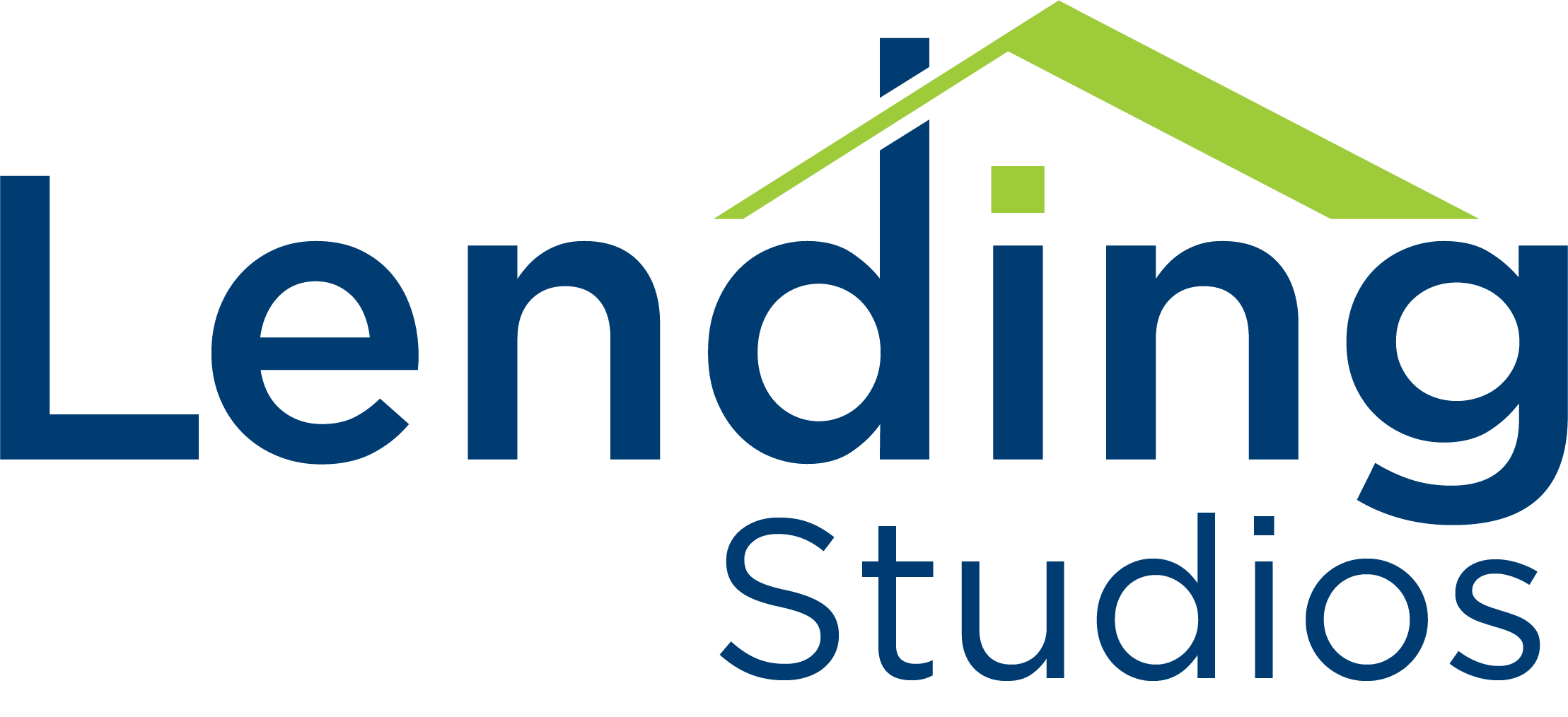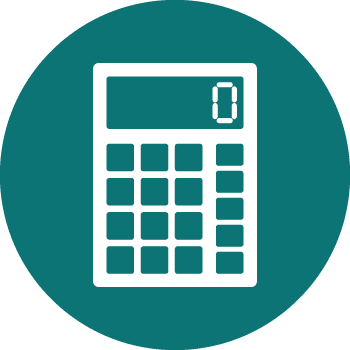Home Equity Loans
What Is a Home Equity Loan?
If you’ve ever heard someone say they are taking out a “second mortgage,” they are talking about a home equity loan. This is a type of mortgage where homeowners can borrow money by “leveraging” the funds in their home, or the money they’ve already paid into the principle of their mortgage.
Home equity loans became popular in the mid 1980s as a way for homebuyers to gain back what was lost in the Tax Reform Act of 1986, which would no longer allow deductions of mortgage interest. With a home equity loan, homebuyers could borrow back $100,000 of the value of their homes and receive tax deductions on the interest. However, taxes have changed and now homeowners can only receive tax deductions on a home equity loan if the loan money is used for significant improvements and home renovations.
What Home Equity Loan Is Right for You?
There are two types of home equity loans that a lender can give a homebuyer, and they both are created to be paid off in 5-15 years. Those include:
- Fixed-Rate Loans: A homebuyer receives one lump sum upfront and then pays it back over time with a set interest rate. Requirements of the loan are locked in when the loan is taken out, such as the monthly payments and interest.
- Home-Equity Line of Credit: This type of loan works similar to a credit card, which is why it’s called a “variable-rate loan.” When approved, a homebuyer will receive a specific spending limit that they can draw from when the money is needed. They may even receive a credit card to draw those funds from the loan each month. Because it’s a variable-rate loan, monthly payments and interest are determined by how much money is borrowed at the current interest rate of the loan. You want to be more careful with this type of loan because you need to have a steady income in order to keep up with payments, as the leverage is the equity you have already paid off on your original mortgage.
Equity Pros and Cons
There are pros and cons to taking out any type of loan or line of credit. However, if you read the fine print, you can stay out of a lot of trouble and avoid surprises. When working with a lender or an expert at Lending Studios, make sure you ask about interest rates, if they are locked in, how monthly payments work, and more.
Simply remember that you are borrowing the equity in your home. Equity means you own something that has debt attached to it, but part of the item is paid off. Example: If your home is worth $200,000 and you still owe $80,000, then the equity is $120,000 because that much has already been paid off. When getting a home equity loan, keep in mind that your home is used as collateral. If you default on the loan, the bank could foreclose on and take possession of your home. Generally, interest rates are higher for home equity loans than they are for the fixed-rate version and other consolidation loans. You will also have to pay closing costs and fees, but this is common with many types of loans.
Benefits for All
So why get a home equity loan? Many homebuyers love home equity loans because they can make much-needed renovations on their home or get out of a financial bind. As they repay the outstanding balance, the amount of credit that’s available is replenished. Interest rates on home equity loans are usually lower than personal loans from lending institutions and credit cards. You can lock in your interest rate with the fixed-rate loan so that you always know what your monthly payments will be.
Your Home Equity Loan
Do you have major home renovations that are needed to have the home of your dreams? Maybe your home needs to be wheelchair accessible or you’re adding an extra room to take care of an aging parent. You’ll get the cash you need for home improvements or major expenses, and you can consolidate your debt.
Mortgage Calculators
Quickly predict your monthly mortgage payment and interest with this customizable tool!
Mortgage Resources
Leverage the tools you need to find a borrowing solution that fits your particular needs and budget.
Mortgage FAQs
Get answers to the most commonly asked mortgage questions.




